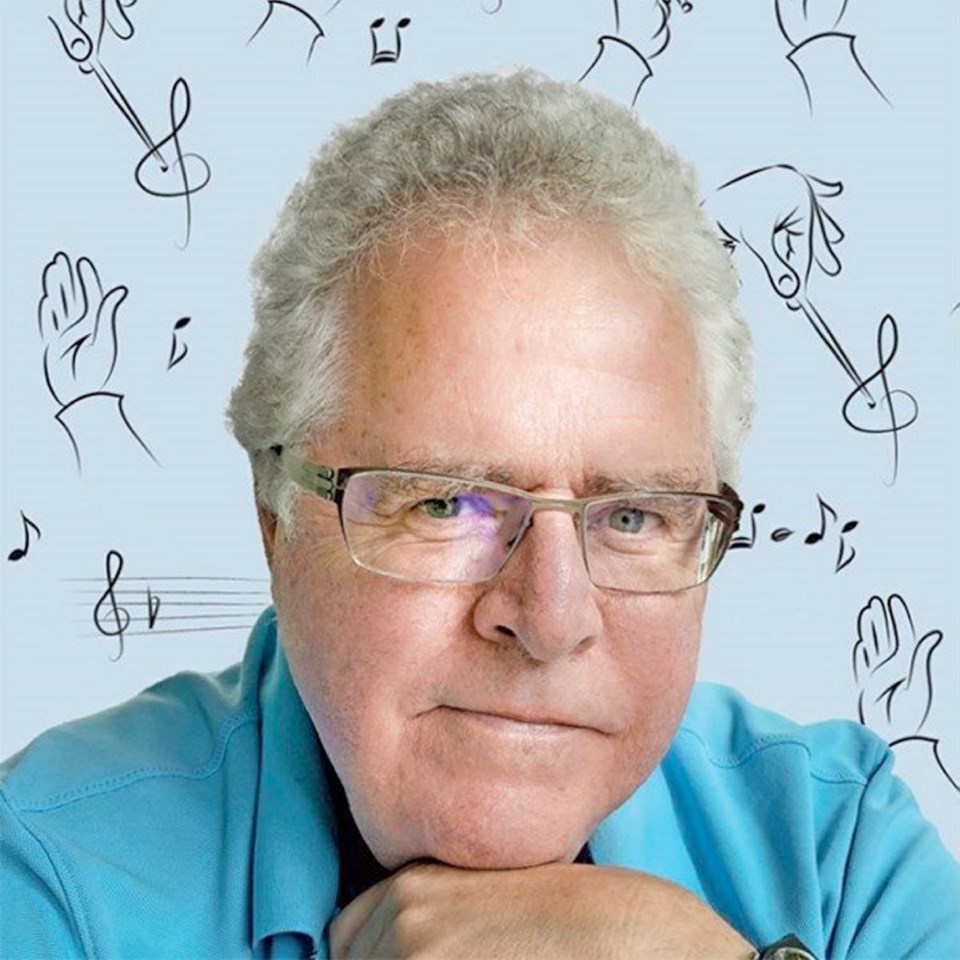In October, the Emily Carr String Quartet launched its season with a program that honoured the centenary of the end of the First World War and comprised very diverse pieces composed during the war years.
The ECSQ’s latest program continues the theme of “music in a time of war,” this time paying tribute to the Second World War (Saturday, Feb. 23, 7:30 p.m., St. Elizabeth’s Church, Sidney; Wednesday, Feb. 27, 7:30 p.m., Church of St. John the Divine; Sunday, March 3, 2:30 p.m., Church of St. Mary of the Incarnation, Metchosin; $25, students free; emilycarrstringquartet.com).
The program includes Barber’s famous Adagio, which was conceived, in 1936, as the slow movement of his lone string quartet but has also had an extraordinary independent life, mostly as everybody’s go-to mourning music. (A whole book about it, The Saddest Music Ever Written, was published in 2010.)
The two main works on the program were completed during the grim last years of the war, 1944 and 1945, the earlier being Ralph Vaughan Williams’ concise, darkly expressive String Quartet No. 2 in A Minor, which was first performed, in aid of the war effort, in one of the famous lunchtime concerts at the National Gallery, in London.
The later work is the powerful String Quartet No. 5 by Mieczyslaw Weinberg, a Polish-born composer who spent most of his life in the Soviet Union.
Weinberg was highly accomplished and immensely prolific in many genres (he wrote 17 string quartets), though he had troubled relationships with the Soviet regime and the Soviet musical establishment. His work has always been overshadowed by that of his greatest Soviet contemporaries, particularly his friend and mentor Shostakovich, though in recent years it has been enthusiastically rediscovered.
The Fifth Quartet runs about 25 minutes and has five movements: Melodia, Humoureska, Scherzo, Improvisation and Serenata.
• • •
Also on Saturday, the CapriCCio Vocal Ensemble will offer a miscellany titled Michael’s Favourites, comprising short pieces close to the heart of its director, Michael Gormley, who founded the choir in 1989 (Feb. 23, 7:30 p.m., Christ Church Cathedral, $25/$22/$10, under 13 free; capriccio.ca).
Gormley’s close connection with Vienna, which dates back to his student years, is reflected in much of the program, in works both serious and light: Mozart’s gorgeous Ave verum corpus, motets by Bruckner, excerpts from Brahms’s German Requiem and Liebeslieder waltzes, Johann Strauss II’s Pizzicato Polka. But his selection ranges widely through periods, styles and moods, including music by Batten, Palestrina, Byrd, Pearsall, Lauridsen, Mäntyjärvi and jazz legend George Shearing.
The program has a charming finale: Stanford’s Quick! We Have but a Second, which is not even a minute long.
• • •
From time to time, the Early Music Society of the Islands likes to promote repertoire that could be called ostentatiously obscure, and the results, in my experience, have been some of its most interesting and rewarding concerts. EMSI will do this again on Sunday, when it will present Corina Marti, a Swiss early-music specialist who plays both keyboard instruments and recorders, in a program devoted to 16th-century Polish keyboard music (Feb. 24, 3 p.m., St. Andrew’s Presbyterian Church, $20/$15, subscribers and members free; earlymusicsocietyoftheislands.ca).
Marti studied, and now teaches, at the prestigious Schola Cantorum Basiliensis, in Basel, and performs and records as a soloist and with La Morra, an ensemble devoted to late-Medieval and early-Renaissance music that she co-founded in 2000 and still co-directs.
The music for Sunday’s concert is drawn from Polish manuscript sources. One of them, headed Tabulatura Ioannis de Lyublin canonic: regularium de Crasnyc 1540, was possessed (and perhaps mostly compiled) by an organist known only as Jan z Lublina (John of Lublin). More than 500 pages long, it includes a treatise on composition and instructions on organ tuning as well as many short keyboard pieces: arrangements of sacred and secular vocal works, sacred organ music, dances, preludes.
Marti recorded a whole album comprising 39 pieces from this source, released last summer on the Brilliant Classics label, and in it, she makes a convincing case for this varied and vital music.
On Sunday, she will also perform music from a late-16th-century manuscript attributed to Johannes Fischer Morungensis.



